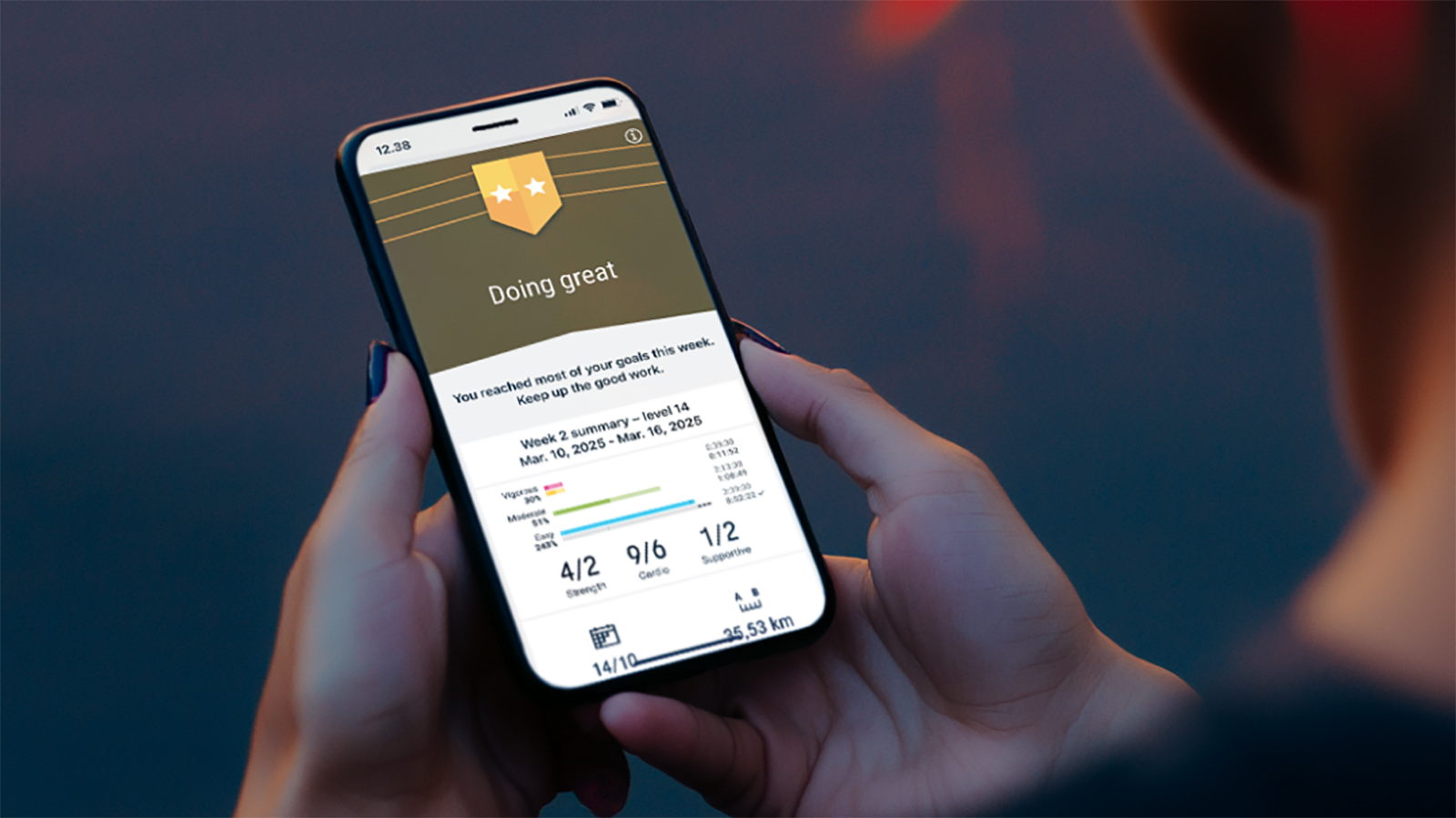

Google Chrome 88 arrives with a password security fixer, greater privacy options, and a slew of brilliant new updates. As tech companies tread lightly in the face of increased privacy awareness, it's important to know the main characters have always got your back.
It looks to furnish users with the tools to take control of their security. Google Chrome 88 is a great example of a browser working in tandem with its users to bolster their digital defenses. And it keeps things simple, giving users easy access to the options needed to safeguard their online experience.
- Browse the best Chromebooks, powered by Chrome OS
- GoPro launches new accessory to keep you in the spotlight at all times
- WhatsApp scam tries to steal your account: how to avoid it
Google Chrome 88 will centralize all your passwords to make them easier to manage, while auditing how strong they are. The tool comes baked-in to the browser and gives Chrome users the ability to modify and store improved passwords for every website they access. It'd be good to see more advanced features like this in light of our report on dangerous WhatsApp scammers: adding such password measures could firm-up popular services like WhatsApp, only if two-factor authentication is not already switched on.
The Google Chrome update will keep on boosting URL safety with truncated URLs too. Threat actors often use URLs to phish your details, redirecting you to phony websites to pinch your private details. In December, T3 reported on a strain of malware that attacked browsers, including Firefox, and Microsoft Edge, to insert dangerous ads. It's another example of online crooks trying to subvert familiar interfaces to nefarious ends.
Last year, Google Chrome upped its security measures by introducing biometric password filling for iOS. If you’re interested in the mechanics of vacuum sealing your browser, we’ve got a comprehensive guide on how to lock down your web browser security to keep you busy during the physical lockdown.
One of Google Chrome 88's new focuses is to reduce intrusive permissions requests; it's often frustrating, and it can be something as simple as Google asking for your location. With Google Chrome 88, these will now appear as a more subtle, oval-shaped chip alerts, which still prompt you for permission, but then minimize to be less obtrusive on the screen.
In the same vicinity of your screen, Google Chrome 88 brings the handy Tab Search function to Windows, Mac, and Linux. Chromebooks already had this feature in Google Chrome 87, where it uses a drop-down arrow to use the native search bar to surgically find your desired tab, saving the hassle of misclicks in search of your tab; it'll be a welcome addition for non-Chromebook users.
Sign up to the T3 newsletter for smarter living straight to your inbox
Get all the latest news, reviews, deals and buying guides on gorgeous tech, home and active products from the T3 experts
Google Chrome 88 will also fully excise Adobe Flash; it has been blocked for some time, but the Google Chrome update will terminate it completely, closing any security concerns that have been associated with it.
It’s one part of a package of new features for Google Chrome 88, including an enhanced dark theme. While users are growing more security-aware, it's important that software facilitates this growing consciousness with easy, and simple-to-use, browser tools.
Source: Andoird Authority
Luke is a former news writer at T3 who covered all things tech at T3. Disc golf enthusiast, keen jogger, and fond of all things outdoors (when not indoors messing around with gadgets), Luke wrote about a wide-array of subjects for T3.com, including Android Auto, WhatsApp, Sky, Virgin Media, Amazon Kindle, Windows 11, Chromebooks, iPhones and much more, too.
-
 3 overrated shoulder exercises, according to a fitness expert (and what to do instead)
3 overrated shoulder exercises, according to a fitness expert (and what to do instead)Sculpt 3D shoulders whilst minimising injury with these three alternative exercises
By Bryony Firth-Bernard Published
-
 Polar’s new subscription feature lands in the shadow of Garmin’s Connect+ rollout
Polar’s new subscription feature lands in the shadow of Garmin’s Connect+ rolloutPR genius or timing disaster? Polar’s new Fitness Programme adds adaptive training to its ecosystem
By Matt Kollat Published